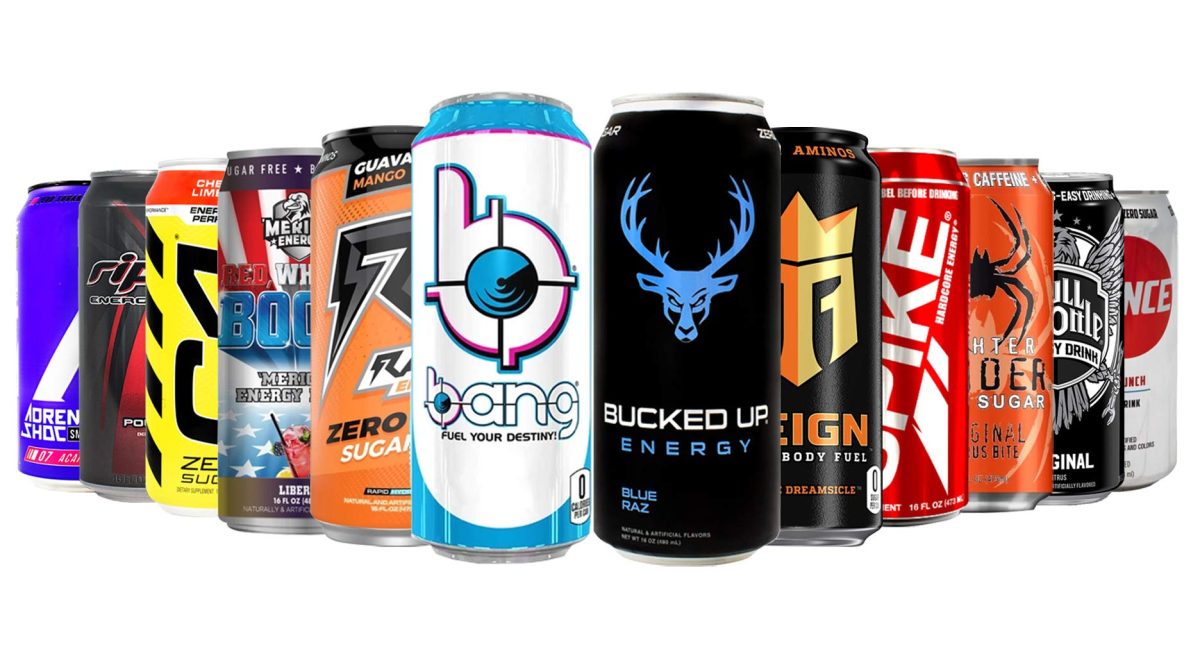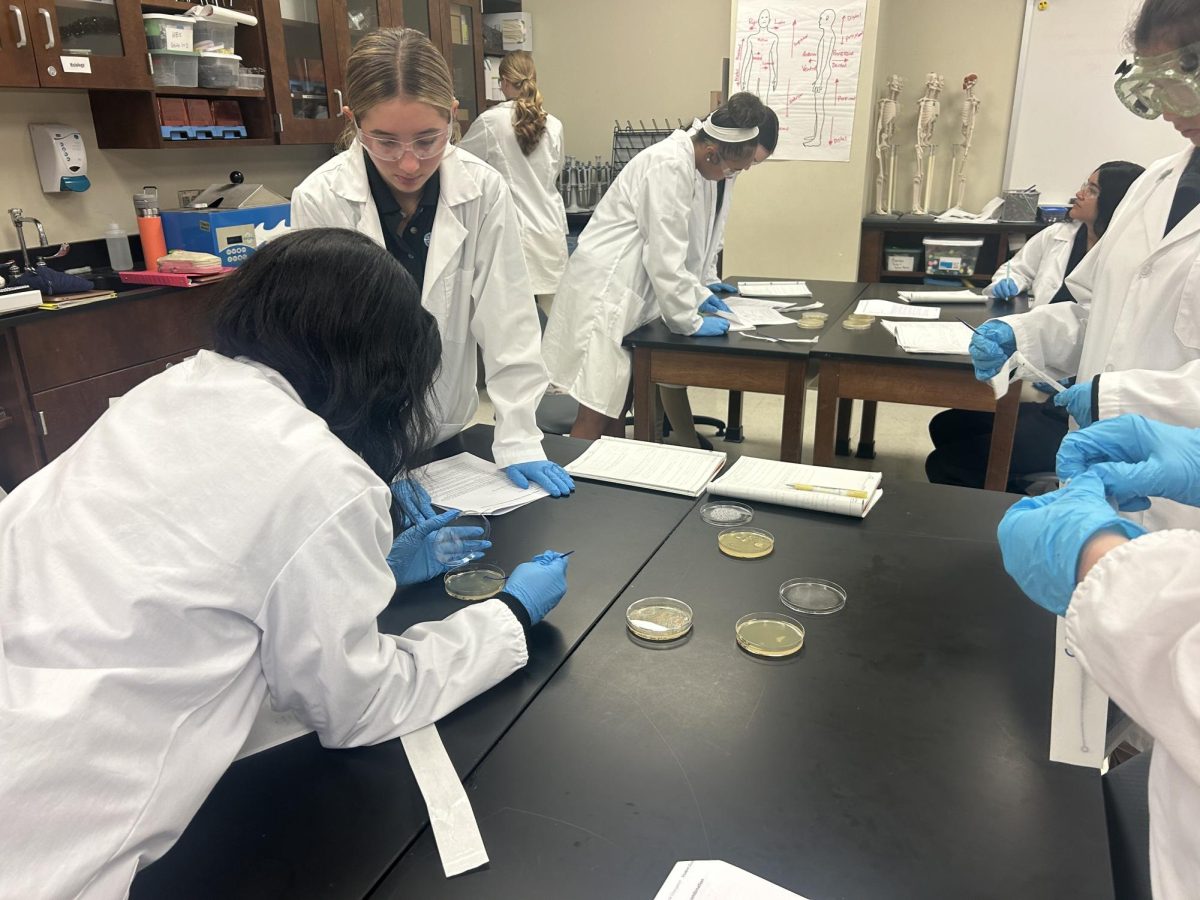Many high school students fight their lack of sleep by consuming caffeine, particularly energy drinks. In recent years, the rising popularity of energy drinks among teenagers and high school students has raised concerns among health professionals and parents alike. Despite their widespread availability and attractive marketing, these caffeinated beverages pose significant dangers to the well-being of young individuals. According to the American Academy of Pediatrics, the current recommendation for teens ages 12 to 18 is less than 100 mg of caffeine per day. Energy drinks can contain 100-300 mg of caffeine per serving. Consuming large amounts of caffeine can be extremely risky for adolescents.
One of the primary concerns is the excessive caffeine content found in most energy drinks. The high doses of caffeine can lead to adverse health effects, including increased heart rate, elevated blood pressure, and disrupted sleep patterns. For adolescents whose bodies are still developing, these physiological responses can be particularly risky. Moreover, the stimulating ingredients in energy drinks, such as taurine and guarana, can exacerbate the negative effects of caffeine. Excessive consumption may lead to jitteriness, anxiety, and even more severe outcomes like heart palpitations and nausea.
Beyond the immediate health risks, the caffeine-fueled energy boost can create a cycle of dependency among young consumers, impacting their ability to regulate sleep and concentrate on academic tasks. The potential for addiction and the subsequent decline in overall well-being should be a major concern for parents, educators, and healthcare professionals. In conclusion, the seemingly harmless allure of energy drinks conceals a multitude of dangers for teenagers and high school students. Educating young individuals about the risks associated with these beverages is crucial to safeguarding their health and promoting responsible choices in their formative years.







